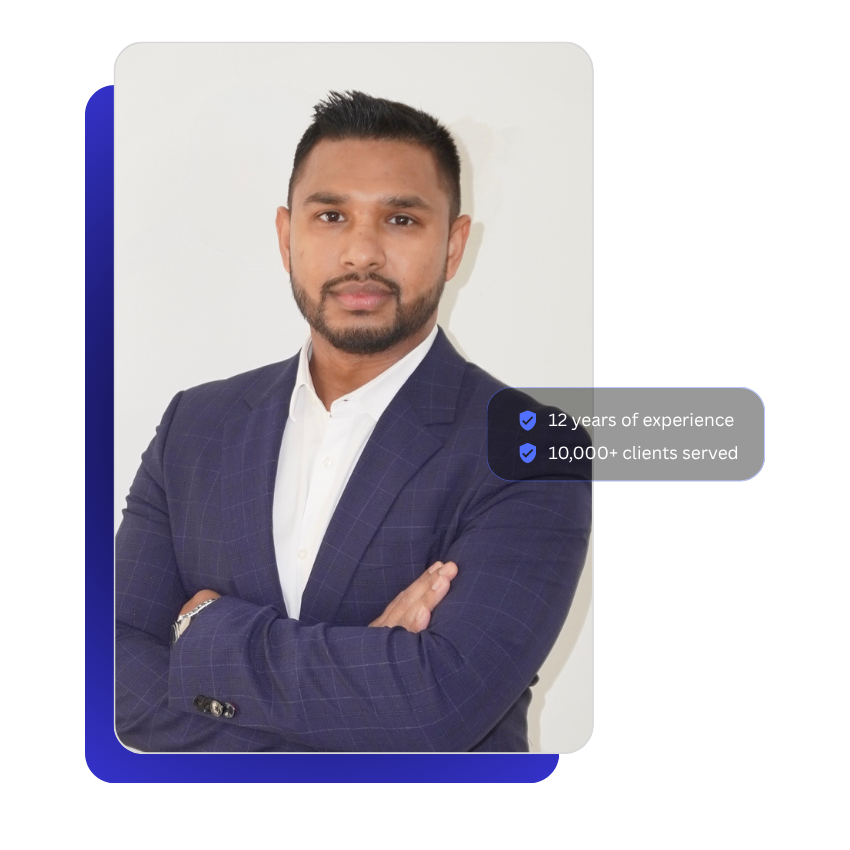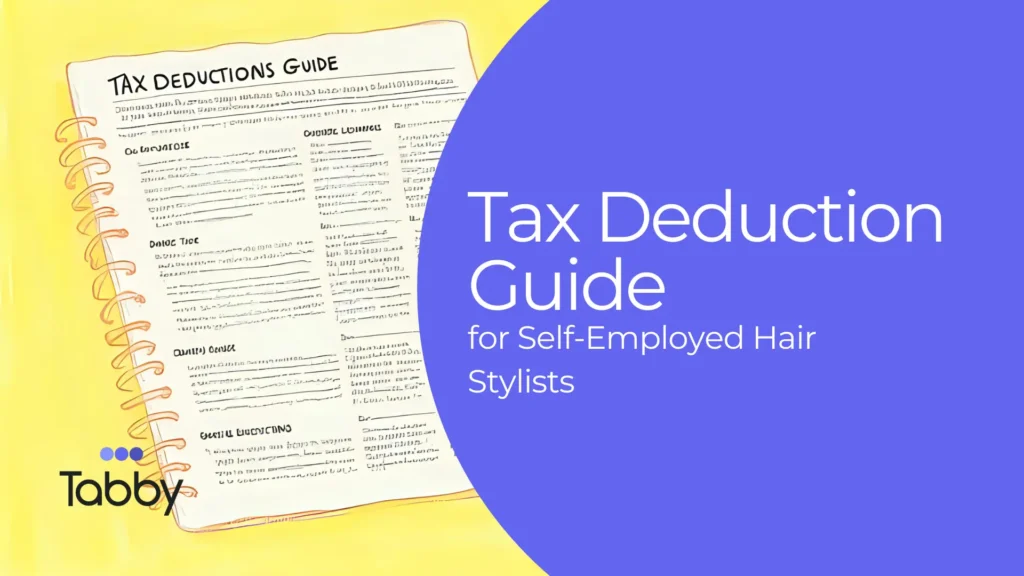- Financial Planning,
- Self Employed,
- Tax Preparation,
- | May 17, 2025
Self-Employed? Here’s How to Avoid Overpaying on Taxes

Being self-employed has a lot of perks. Flexibility. Independence. Control over your work.
But it also means you handle your own taxes. And if you’re not careful, they can be overwhelming. Many freelancers, gig workers, and small business owners overpay simply because they don’t take full advantage of deductions.
This guide will show you how to reduce your tax bill legally and keep more of your hard-earned money.
Understand Your Tax Obligations
Unlike traditional employees, self-employed individuals don’t have taxes automatically withheld. You are responsible for:
- Self-Employment Tax: Covers Social Security and Medicare, currently 15.3 percent.
- Federal and State Income Tax: Based on your earnings and deductions.
- Quarterly Estimated Tax Payments: Required if you expect to owe more than $1,000 in taxes for the year.
Failing to plan for these payments can lead to penalties and unexpected financial stress.
Track Every Business Expense
One of the biggest reasons self-employed people overpay taxes is not keeping track of expenses.
Common deductible expenses include:
- Home Office Costs: If a portion of your home is used exclusively for work.
- Internet and Phone Bills: Deduct the business-use percentage.
- Office Supplies & Equipment: Computers, printers, software, and office furniture.
- Business Travel & Meals: Transportation, lodging, and meals for work trips.
- Marketing & Advertising: Websites, social media ads, business cards, and promotional materials.
Using bookkeeping software or an AI-powered tool like Tabby can help you track these automatically. That way you never miss deductions.
Maximize Your Tax Deductions
There are additional deductions that many self-employed professionals overlook.
- Health Insurance Deduction: Premiums you pay for your own health insurance may be deductible.
- Retirement Contributions: Contributions to SEP-IRAs, SIMPLE IRAs, or Solo 401(k)s can lower taxable income.
- Vehicle Expenses: Deduct mileage or actual vehicle expenses if you use your car for business.
- Professional Development: Courses, certifications, and memberships.
Keeping thorough records makes tax season easier and ensures you save as much as possible.
Separate Personal and Business Finances
Mixing personal and business expenses can create problems and missed deductions.
- Open a dedicated business bank account and credit card.
- Pay yourself a salary instead of transferring money randomly.
- Use AI-powered tools to categorize and track expenses automatically.
Stay on Top of Quarterly Tax Payments
Self-employed individuals must make estimated quarterly tax payments to avoid penalties. They are due on:
- April 15
- June 15
- September 15
- January 15 of the following year
Estimating your tax liability accurately helps you avoid underpayment or overpaying. Bookkeeping software can automate these calculations and keep you on track.
Take Advantage of Tax Credits
Tax credits directly reduce the amount you owe. Some relevant ones include:
- Earned Income Tax Credit (EITC)
- Saver’s Credit for retirement contributions
- Energy-Efficient Home Office Credit
Check IRS guidelines or consult a tax professional to see what applies to you.
Work with a Tax Professional
AI-powered tools and bookkeeping software are great for tracking expenses. But a tax professional can take your strategy further. They can:
- Identify industry-specific deductions
- Ensure compliance with tax laws
- Provide personalized tax-saving strategies
By managing expenses carefully, taking advantage of deductions, and using AI-driven automation, you can reduce your tax burden significantly. Don’t leave money on the table. Implement these strategies now to keep your business financially healthy.
Need a simpler way to track expenses and optimize taxes? Try Tabby to automate bookkeeping and eliminate guesswork.



